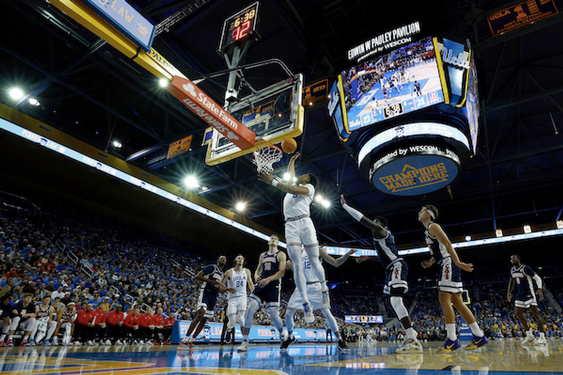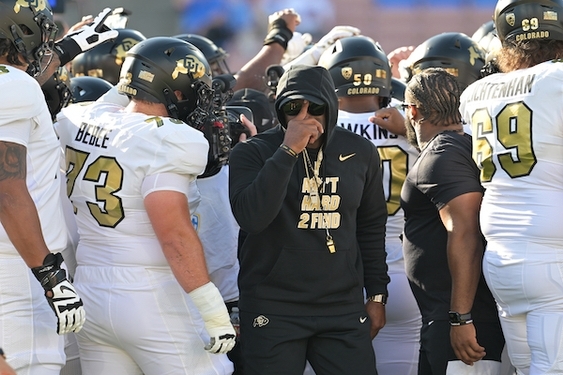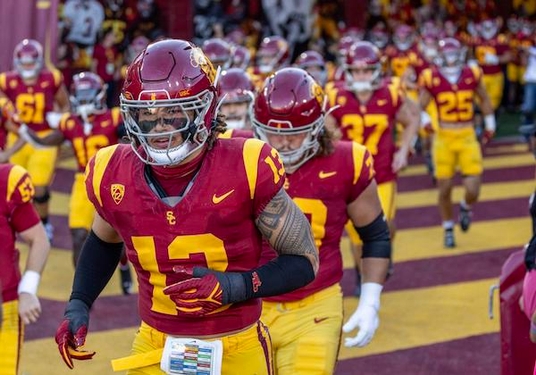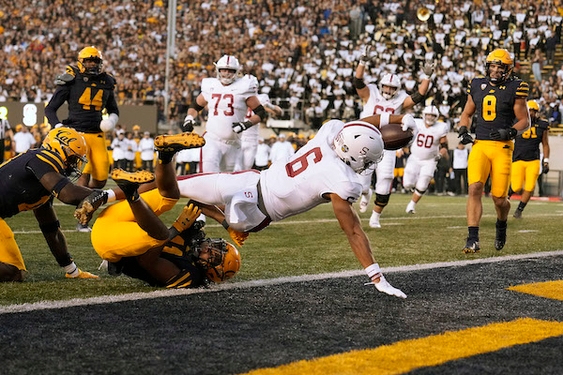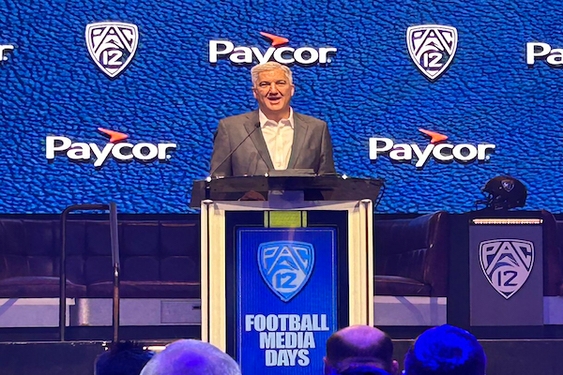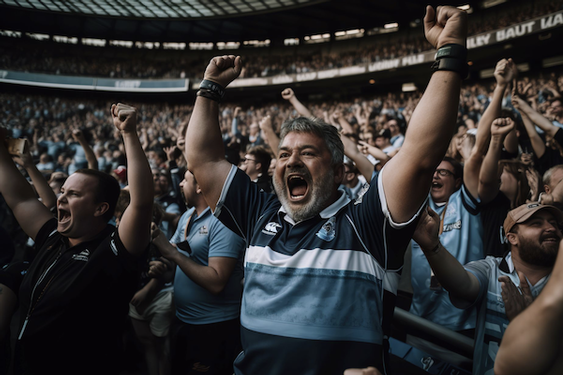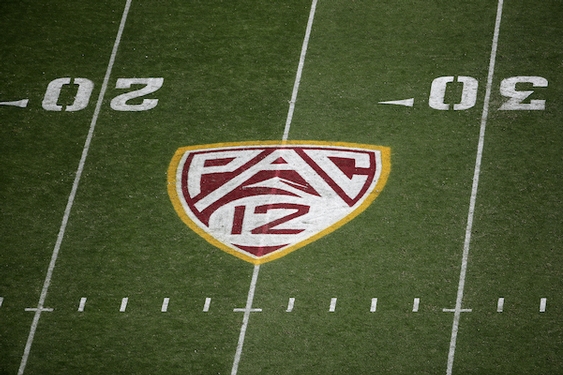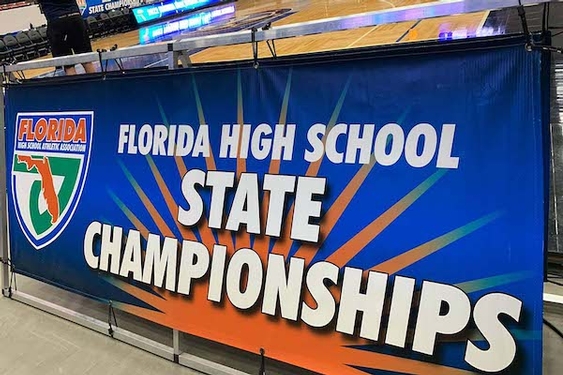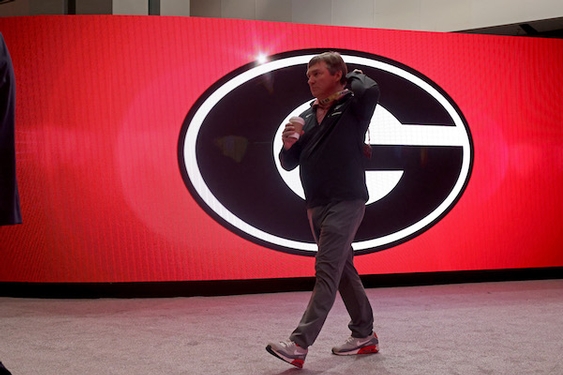His words sounded forceful. NBA Commissioner Adam Silver classified Donald Sterling’s racially disparaging remarks on an audio tape “as deeply offensive and hurtful.”
His punishment seemed harsh yet fair. Silver issued Sterling a life-time ban, a $2.5 million fine and urged the league’s Board of Governors made up of NBA owners to force him to sell the Clippers franchise.
His actions seemed quick. Silver plans to appoint a new chief executive officer to oversee the Clippers, and the NBA announced Tuesday that president Andy Roeser will take an indefinite leave of absence. The NBA will likely hold a vote this week that rules Sterling must sell the team.
But with the NBA acting as swiftly and as powerfully as a Chris Paul lob to Blake Griffin, it appears that momentum could get stalled in court and could drag out for years.
“This will be a process in getting Donald Sterling to agree toward selling the franchise,” said NBA TV analyst Stu Jackson, who previously served 13 years as the league’s executive vice president of basketball operations. “It’s going to be a battle of intellect, legal expertise and what they can finagle behind the scenes.”
Attempts to reach Sterling and his lawyer, Robert Platt, have been unsuccessful. But shortly before the NBA’s ruling, Fox News contributor Jim Gray reported speaking with Sterling, who vowed he would not sell the team.
The NBA’s constitutional bylaws require a three-fourths vote, and sources among the NBA, the Clippers and law experts believe that ruling will become unanimous. But the sense within the league suggests they are resigned toward Sterling dragging this case out through litigation.
“There is no way that man walks away without a battle,” said Lakers legend Magic Johnson in an appearance Monday at Cal State Long Beach where he downplayed talk he would partner up with an ownership group to buy the Clippers.
Sterling rarely shied away from the courtroom amid his 33 years overseeing the Clippers’ franchise.
He successfully fought off an employee who sued him in 2003 on sexual harassment. In 2009, the court dismissed a case former Clippers general manager Elgin Baylor filed against Sterling that charged both employment and racial discrimination.
That same year, Sterling paid $2.7 million to settle a lawsuit that accused him of practicing housing discrimination in various L.A.-based real estate properties to blacks, Hispanics and families with children. In 2011, former Clippers coach and general manager Mike Dunleavy was awarded $13.5 million through arbitration after the Clippers initially stopped paying him the remainder of his contract after he was fired in March 2010. In this case, law experts believe Sterling will seek an injunction and then file suit, raising both breach of contract and antitrust claims.
Yet, under Article 13 of the NBA constitution, an owner can be terminated with a three-fourths vote from the Board of Governors if the franchise fails “to fulfill its contractual obligations to the Association, its Members, Players, or any other third party in such a way as to affect the Association or its Members adversely.” In Article 24 of the NBA constitution, the commissioner’s duties are listed as “protecting the integrity of the game of professional basketball and preserving public confidence in the League.”
“The league is on pretty solid footing,” USC law and business professor Michael Chasalow said. “They have contractual rights to terminate Sterling. The only limit with that is whether the league did not act in good faith in enforcing its rights. That’s impossible to prove given he started the whole thing with his outrageous comments.”
Sterling criticized a female friend named V. Stiviano for posting pictures of herself and Johnson on Instagram and for bringing black friends to Clippers games. Yet, Sterling could invoke privacy laws after an of that conversation leaked to both TMZ and Deadspin.
“He might try to become a crusader and martyr for privacy rights,” USC law professor Jody Armour said of Sterling. “With the current day concerns about the NSA intrusions into ordinary citizens’ privacy, there are a lot of folks who believe privacy rights are valuable. They may believe people deserve some protection.”
Silver dismissed such concerns about that topic, saying, “Whether or not these remarks were shared in private, they are now public and they represent his views.”
But will such issues slow down the Clippers transition process?
Unanswered questions persist, including the nature of Sterling’s trust that includes his wife, Shelly, and whether she will stay on as the team’s co-owner. The NBA players union has said the league cannot allow that to happen.
“I am concerned that if this process continues on, it may be at the sacrifice of one the 30 NBA clubs,” Jackson said. “What’s going to happen with that franchise during the time that this battle rages on?”
Jackson then cited the Clippers losing a flurry of sponsors and uncertainty whether coach Doc Rivers and star players, such as Paul and Griffin would want to stay if a lengthy legal fight ensues. Even amid this uncertainty, however, law and sports economics experts find some hope Sterling will concede defeat. Coupled with the Clippers’ playoff resurgence, a potentially new cable deal and an expected bidding war among competing ownership groups, experts predicted the Clippers could sell as high as $1.6 billion. That number marks a stark increase from the $575 million Forbes currently tabs as the franchise’s worth.
“If he wants to, he could tie it up for a very long time,” said Notre Dame sports economics professor Richard Sheehan. “But I bet that he wouldn’t. The cost of him doing so would be very extreme.”
Staff writer Chris Trevino contributed to this report.
———
©2014 the Daily News (Los Angeles)
Visit the Daily News (Los Angeles) at www.dailynews.com
Distributed by MCT Information Services




